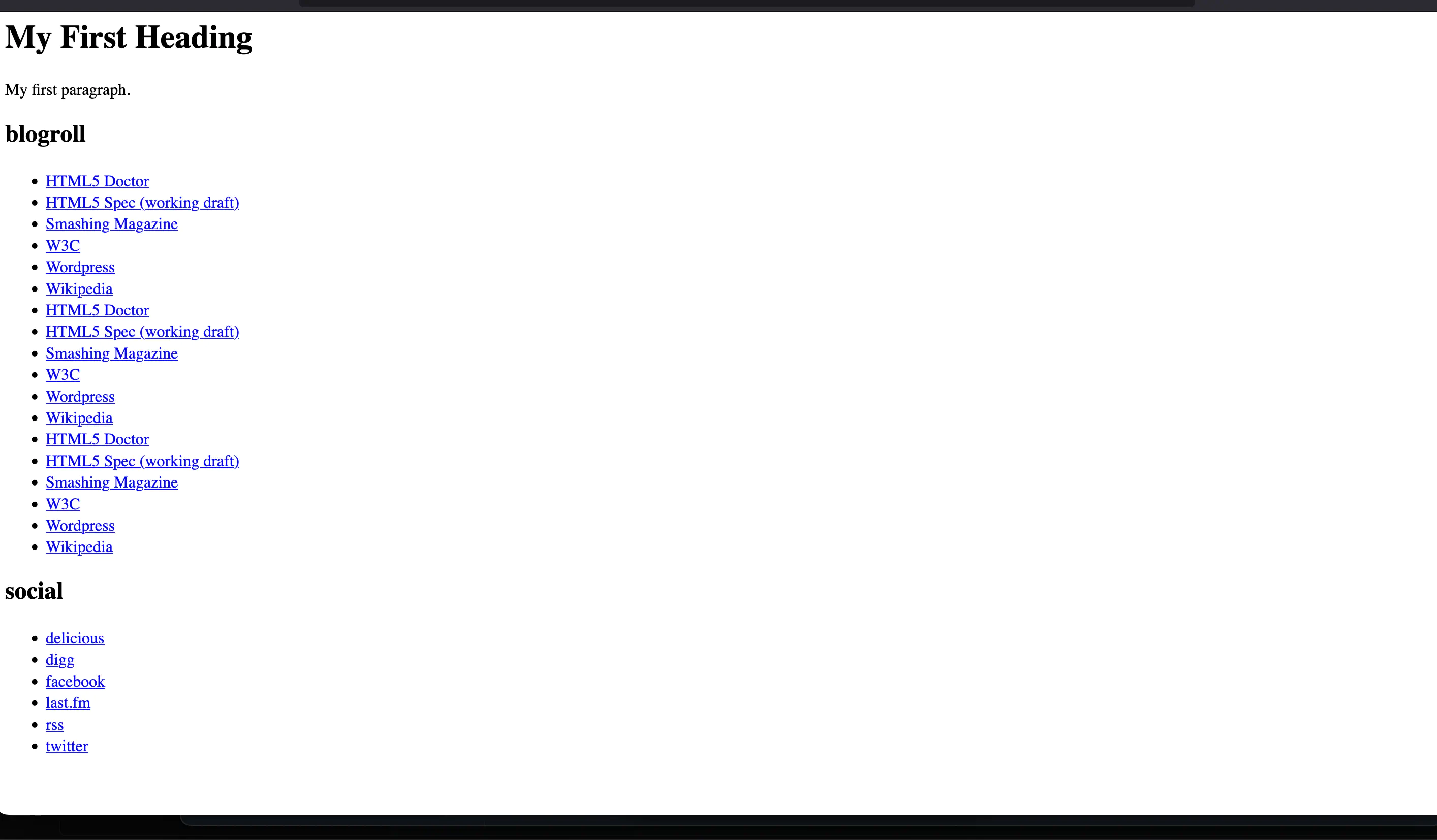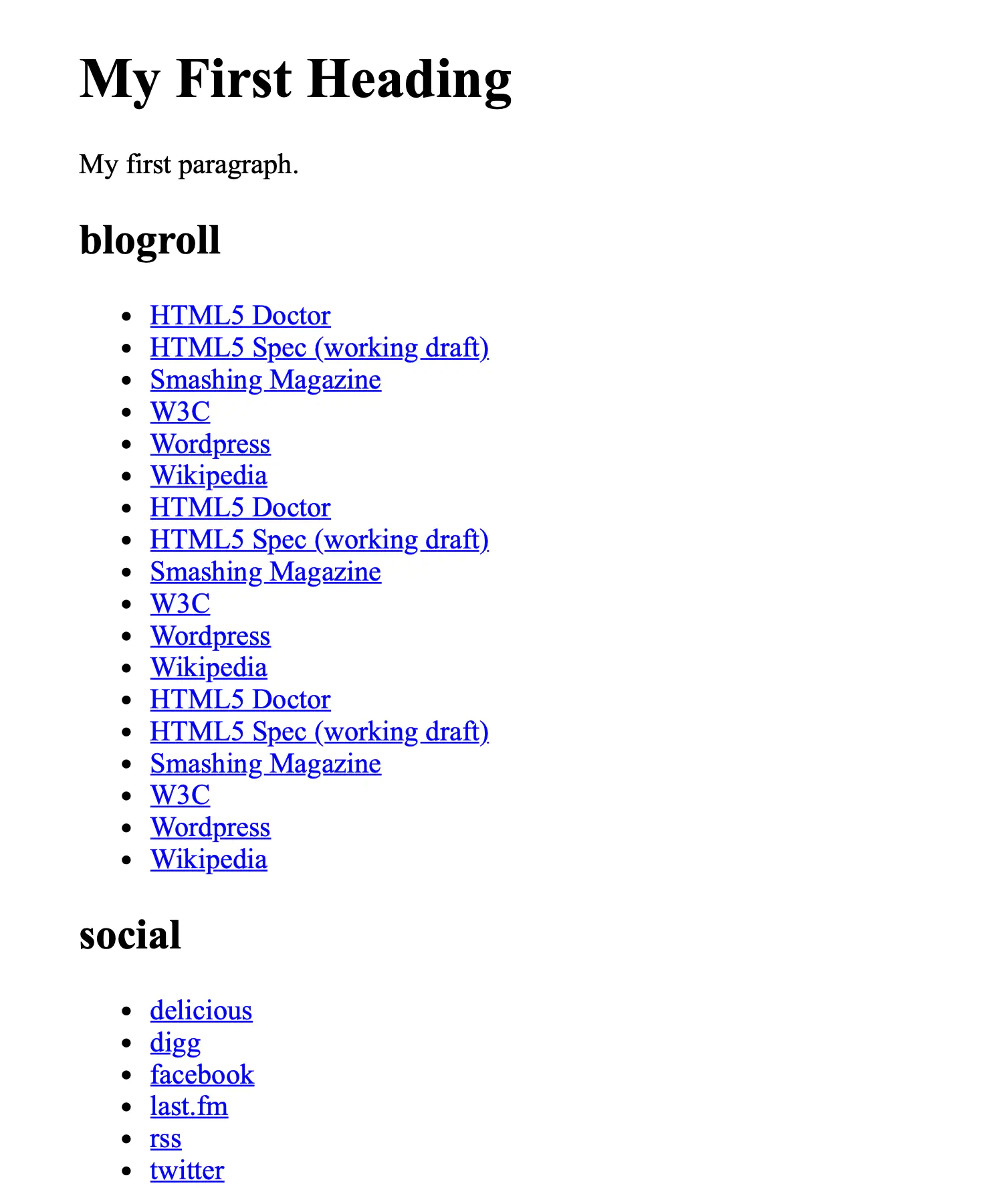PDF From HTML With External Links
This guide will demonstrate how to create a PDF document with a list of external links from an HTML file using UniHTML.
Sample input

Before you begin
You should get your API key from your UniCloud account.
If this is your first time using UniPDF SDK, follow this guide to set up a local development environment. To set up a UniHTML server follow this getting started guide.
Clone the project repository
In your terminal, clone the examples repository. It contains the Go code we will be using for this guide.
git clone [email protected]:unidoc/unihtml-examples.git
Navigate to the links folder in the unihtml-examples directory.
cd unihtml-examples/links
How it works
The example code starts by first importing the necessary dependencies in the import section.
Then the init function defined in lines 22-29 sets the metered license key that is used to authenticate the library request.
The main function starts in line 31. First the number of command line arguments is checked to make sure the server address is provided. Line 38 tries to establish a connection to the UniHTML server using the UniHTML client. Then a new creator is instantiated in line 44. Line 47 creates a unihtml.Document based on the input HTML file. Then the page size is set to ISO A5 in line 54.
Lines 60-63, sets the page margins using different units as follows.
htmlDocument.SetMarginLeft(sizes.Millimeter(10))
htmlDocument.SetMarginRight(sizes.Point(10))
htmlDocument.SetMarginTop(sizes.Millimeter(10))
htmlDocument.SetMarginBottom(sizes.Inch(0.5))
Lines 67 creates a context with a timeout duration set. The defer call in line 68 is just a cleanup operation to release the resource by canceling the context. By calling GetPdfPages method the output PDF pages are obtained. This method call internally calls a series of functions to extract and convert the HTML document into PDF pages.
The for loop in lines 78-83 iterates through each PDF page and adds it to the creator like follows.
for _, p := range pages {
if err := c.AddPage(p); err != nil {
fmt.Printf("Err: adding page failed: %v\n", err)
os.Exit(1)
}
}
The PDF document properties are set in lines 86-91 and finally the document is written to a file in line 94.
Run the code
Run the code using the following command to generate the PDF file. Replace the server address with the actual address. E.g. localhost:8080 for a server running locally on port 8080.
go run main.go <server address>
Sample output
